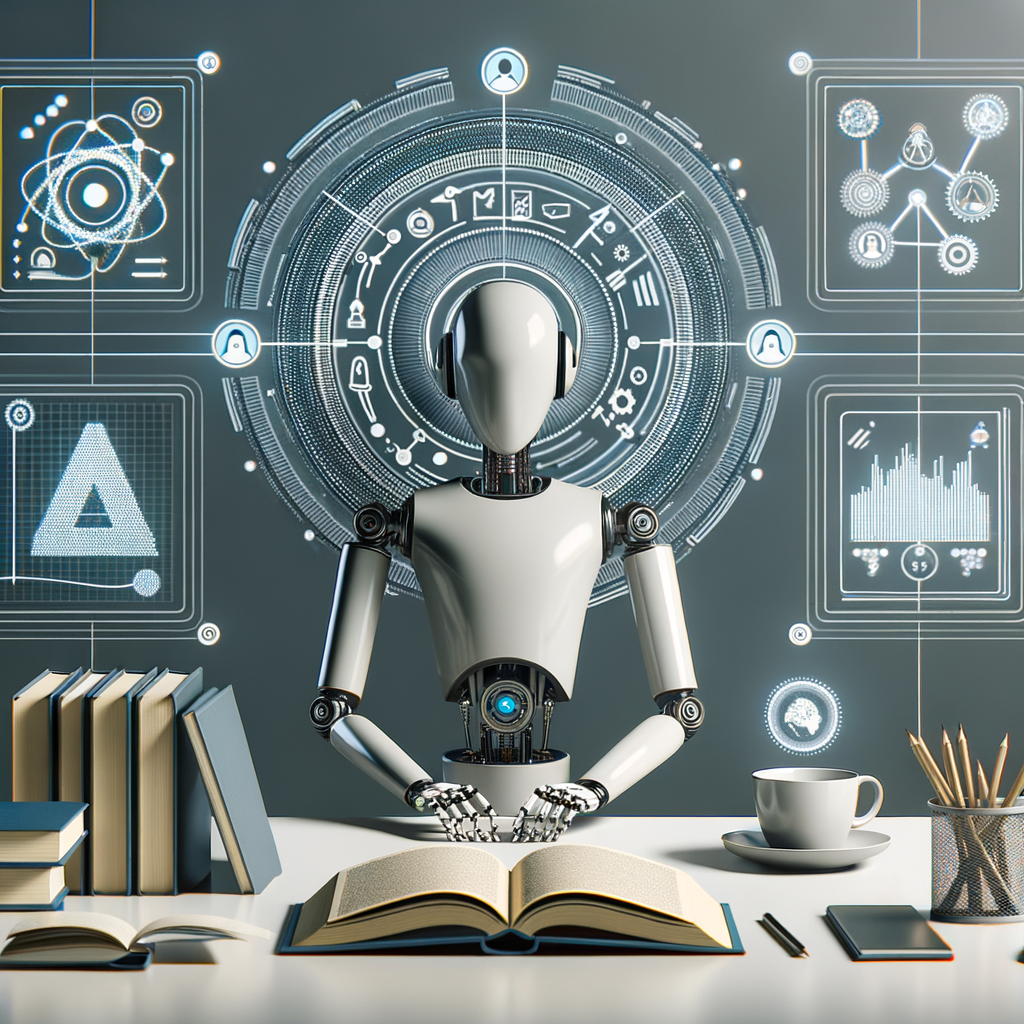
The New Frontier: Autonomous AI in Personalized Education Systems
Dive into the transformative potential of autonomous AI in shaping personalized education systems. Explore how cutting-edge AI technologies are being leveraged to tailor learning experiences, meet individual student needs, and revolutionize teaching methodologies. Gain insights into the latest advancements and how they're creating a more inclusive, efficient, and engaging educational landscape.
The New Frontier: Autonomous AI in Personalized Education Systems
Introduction
In recent years, the landscape of education has been shifting dramatically, driven in large part by technological advancements. Among these, artificial intelligence (AI) is emerging as a powerful tool, especially when it comes to personalizing the educational experience. This blog post explores the state-of-the-art applications of autonomous AI in personalized education systems, examining how these innovations are reshaping how students learn and teachers instruct.
The Importance of Personalized Education
As education systems around the world evolve, there is an increasing recognition of the need for personalized learning paths that adapt to each student’s unique learning style and pace. Traditional one-size-fits-all approaches are being called into question, leading to a greater focus on individual student needs and personalized education systems. Autonomous AI is at the center of this transformation.
The Role of Autonomous AI in Education
Autonomous AI systems in education are designed to create learning environments that are dynamic and responsive to the needs of students. Here’s how autonomous AI is changing the educational paradigm:
1. Adaptive Learning Technologies
These technologies leverage machine learning algorithms to personalize the learning experience for each student. They dynamically adjust the content and difficulty levels based on the student's performance, providing a tailored educational experience.
2. Intelligent Tutoring Systems
These systems replace or supplement human tutors by providing real-time feedback, assistance, and explanations to students. They can simulate one-on-one tutoring by using data-driven insights to understand where a student struggles and offer targeted support.
3. Predictive Analytics for Student Engagement
Predictive analytics can anticipate a student's academic challenges and propose interventions before they fall behind. By analyzing patterns in student data, AI can flag at-risk students and recommend personalized educational interventions.
4. Automated Administrative Tasks
AI systems can automate mundane administrative tasks for educators, freeing them up to focus on student interaction and personalized instruction. This can include grading, scheduling, and even lesson planning.
Case Studies: AI in Action
Several educational institutions have begun integrating autonomous AI into their learning environments with promising results. For instance:
- School A: Improved student outcomes were recorded after implementing an AI-powered adaptive learning platform. The system was able to customize learning pathways and had a significant impact on student retention rates.
- University B: Deployed an AI-driven tutoring system that supported students beyond school hours, providing around-the-clock homework help and conceptual explanations.
Ethical Considerations
While the potential benefits of AI in personalized education are significant, ethical concerns must also be addressed. This includes data privacy, algorithm biases, and ensuring equitable access to AI-driven educational tools for all students. Thoughtful considerations must be taken to balance innovation with the ethical implications.
Conclusion
As education continues to evolve, the role of autonomous AI in creating personalized learning environments is becoming increasingly critical. By harnessing the power of AI, educators can ensure that each student receives a customized learning experience tailored to their individual needs and capacities. The future of personalized education looks promising, with autonomous AI systems expected to drive significant improvements in learning outcomes worldwide.
Future Perspectives
The integration of autonomous AI into education systems is just beginning. As technologies advance, the potential for even more refined and effective learning solutions grows. Future innovations might include more comprehensive integration of AI with human intuition and creativity, leading to holistic educational approaches that cater to varied learning preferences.
Let's continue to explore how these advancements can ensure a brighter, more inclusive future for learners everywhere.